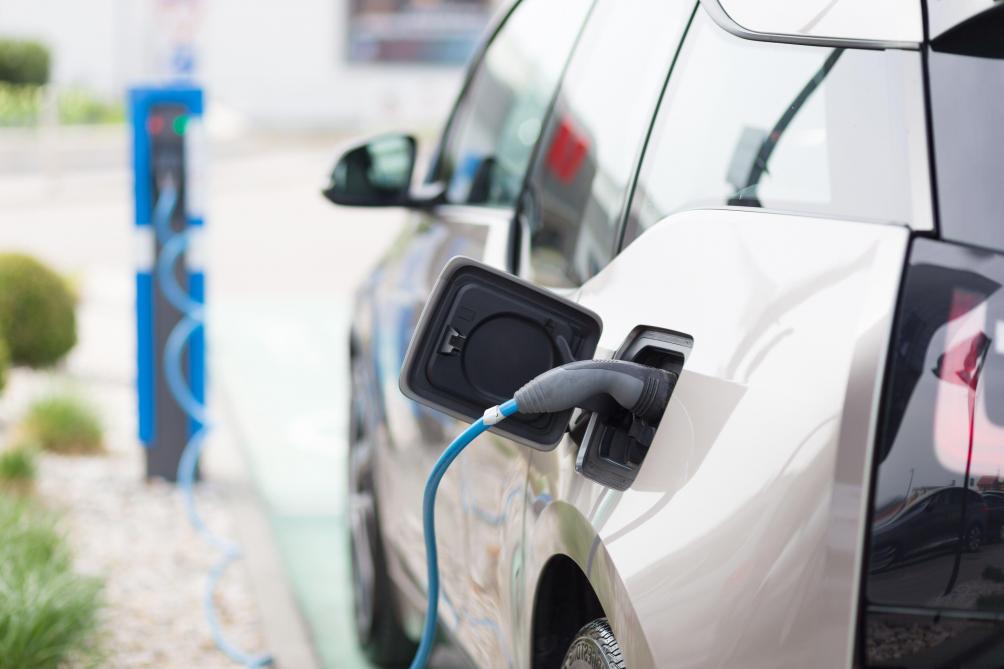Supporters of the growth of electric cars in Brussels have been dealt a sobering blow by energy provider Sibelga, and the news that the electricity grid in the capital is not suitable for the creation of a network of charging stations.
According to a report in De Tijd, 88% of the streets in Brussels are not suited to the installation of rapid-charge electric stations. The reason: most streets are still being fed by 230-volt electric cables, rather than the 400-volt cables ideally suited to fast-charge use. Worse still, some models of electric car simply will not charge on 230 volts.
The news comes just days after the Brussels regional government announced it plans to banish diesel from the city altogether by 2030, and petrol by 2035. At the same time, however, the obvious alternative – electric cars – have taken off only slowly. Only 1,009 electric cars were registered in the capital in 2019, 11.4% of the total.
Nationally, meanwhile, only 5% of car owners polled by motoring organisation VAB said they were considering an electric car for their next purchase. For company cars, hybrids scored one in four, with fully-electric lagging behind at one in ten.
The capital has only 17 charging stations on its streets at present, despite a pledge by the region to have 100 in operation by the New Year just gone by. According to ministers Alain Maron (Ecolo – environment, climate, energy) and Elke Van den Brandt (Groen – mobility) the target is still in view.
“That will be achieved by this summer, as the people in Brussels will see,” they said. “Then they will be able to apply to operator Pitpoint to have additional charging stations installed close to their homes.”
Alan Hope
The Brussels Times

